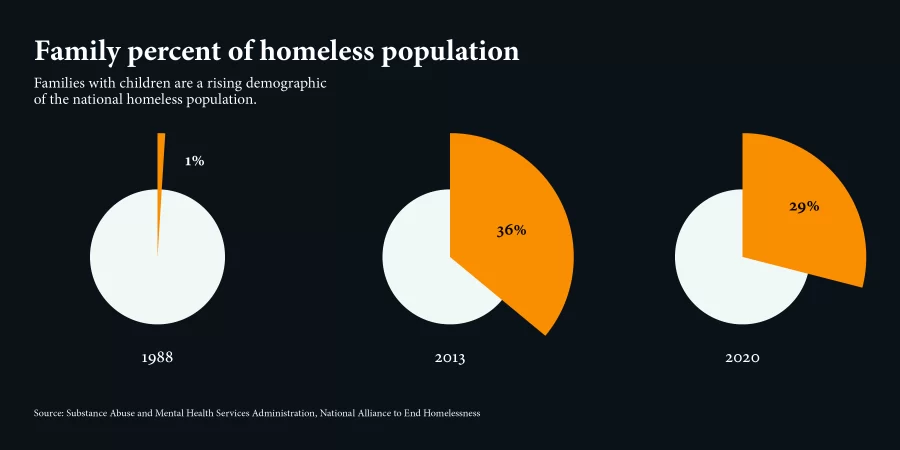Guaranteed Income Project to start in C-U
Nov 15, 2022
This year, a new Champaign County program will aim to reduce homelessness and determine the potential for guaranteed income at a larger scale.
The program, called the Champaign County Guaranteed Income Project, is a collaboration between the University and the county’s Regional Office of Education and will provide aid to 10 homeless families who have children in school.
“In order for this to potentially be something that is ongoing, it has to show that people are able to gain that stability,” said Kim Nix, the connections program coordinator at the Regional Office of Education.
Nix said she hopes to see that the guaranteed income — $750 per month for six months — help families settle themselves in the area by gaining employment and safe, secure housing.
Nix and the research team at the University ultimately want to know if the three-phase pilot program will answer an overarching question: Did having a guaranteed income give families time to get on their own feet?
Get The Daily Illini in your inbox!
Currently, the pilot is still in phase one. This involves surveying the families before the monthly payments begin. Phase two will be a round of interviews that include talking to school districts, community partners and the families themselves. Phase three is the distribution of the monthly payments.
The total sum necessary for the monthly payments is funded by the Chancellor’s Call to Action to Address Racism & Social Injustice Research Program.
The Call to Action program, announced by Chancellor Robert Jones in 2020, “is a commitment by (the University) to put the need to address systemic racism and generationally-embedded racial disparity into concrete action to find new solutions,” as stated on the University website.
According to the U.S. Department of Housing and Urban Development’s 2019 Annual Homelessness Assessment Report, Black families made up 52% of homeless families with children in the country despite Black Americans representing 13% of the national population.
However, not all Americans are on board with the idea of guaranteed income. According to a 2020 study by the Pew Research Center, 54% of Americans said they would be against a national guaranteed income of $1000 per month.
“I think there’s two forms of skepticism,” said Christopher R. Larrison, associate professor in Social Work and the lead researcher in the pilot program. “One set of skepticism is very strongly related to that concept of ‘Are people going to misspend money?’”
Larrison said that research into this skepticism has been conducted as recently as 2018 to as far back as the 1960s.
“In both instances, they really didn’t find people misspending money,” Larrison said. “It’s extraordinarily unusual.”
According to Larrison, skepticism is rarer among families, which is who the Guaranteed Income Project hopes to help.
Larrison described the other form of skepticism as “Why do you deserve it versus why don’t I?” But he already had a distinction in mind when considering who should receive money from the project.
“Nine times out of 10, (those receiving guaranteed income are) in a position that wasn’t self created, but is really the result of structural problems that have really made it very difficult for them to make a decent living,” he said.
Larrison said the Guaranteed Income Project is for those who need help with the daily costs such as food and rent and not necessarily those who would keep the money in the bank.
Piloting the program with families who have children means not only helping them out presently, but also giving the student a better chance to complete secondary education, according to SchoolHouse Connection.
A 2018 SchoolHouse Connection study found that high schoolers’ chances of graduation increased by 12.3% when they were in low-income yet housed living situations, as opposed to being homeless.
If Nix and Larrison see the stability they are aiming to achieve from the pilot, Larrison said, the next step would be creating a more permanent fund through the contributions of local businesses and private donors to establish a more permanent solution to student and family homelessness in the area.
As for remaining skeptics, Larrison posed a question.
“How do you expect anybody to get out of a vortex of debt if you don’t give them at least an opportunity to?”






